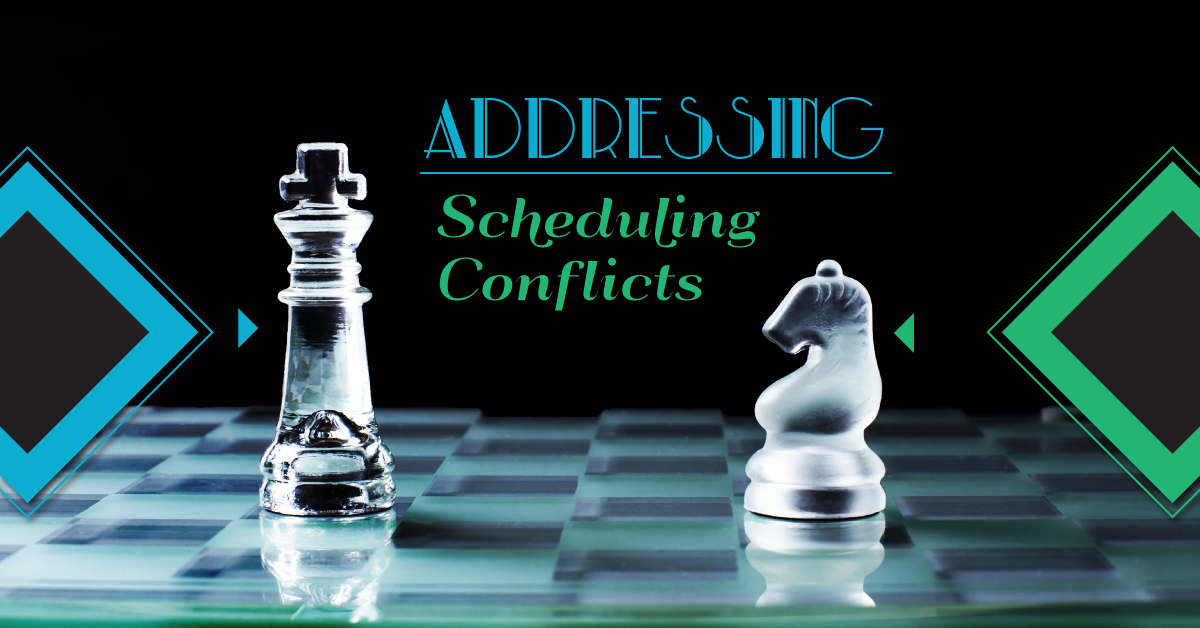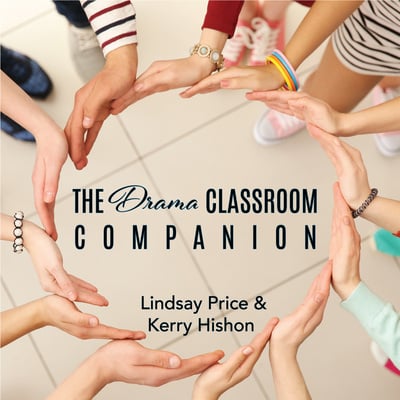When an Actor Leaves: How to Deal with Losing an Actor
It’s a situation that directors hope never to have to face, but unfortunately it happens: an actor, for whatever reason, has to drop out of the show at some point during the rehearsal process. While we don’t like to think about it and hope it never happens to us, it’s best to be prepared in case it does happen. Here are some tips for dealing with losing an actor in your production.
1. Temper your reaction to the student who has to leave and their reason for leaving.
It’s fairly easy to look past reasons like illness or a family emergency. Other reasons can be more frustrating to deal with (like quitting because they don’t like their role, leaving to pursue a different extracurricular activity, or having to drop out because their grades are slipping). Do your best to be supportive to the student who has to leave. They probably did not come to this decision lightly, and they are likely worried about letting you down.
2. Figure out how to cover the role.
Before telling the rest of the students involved about the loss of the cast member, you will need to figure out how to cover that student’s role. Here are some ideas to consider:
- If the role is double-cast, will the other actor assume the role fully?
- If the role has an understudy, will they be called up to assume the role? (If so, will another actor have to assume the understudy’s current role?)
- Is there another cast member who can take on the role? (Either instead of or in addition to the role they are currently playing?)
- Will you have to bring in a new student to cover the role?
- Can the lines be divided up and assigned to other cast members? (Remember: the playwright must approve any changes to the script in advance!)
- Can the role be eliminated? If so, how does this affect blocking or choreography?
- For more tips about dealing with not enough actors, check out this blog post.
Be sure to have your plan in place before you inform the rest of the cast. However, if your solution involves a large casting change (like an understudy being called up), be sure to speak privately to the student beforehand, to ensure they are comfortable with the change.
3. Determine how to inform the rest of the cast and crew about the change.
Be aware of how you approach the topic with the rest of the students. Informing the cast and crew has to be on a case-by-case basis. You’ll need to discuss this with the student who has to leave (and sometimes with their parents, depending on the situation). It’s best to err on the side of privacy (“unfortunately Susan has had to step away from our production”) and take a positive approach. Focus on the solutions and describe your plan of attack going forward, while expressing consideration for the student who had to leave.
Classroom Activity: “Negative/Positive”
Divide students into pairs. Each pair will have 10 minutes to create two brief scenes. One partner will play the actor who has to drop out of the show, and the other partner will play the director who has to react to the student leaving.
The first scene will illustrate a negative reaction on behalf of either the “actor” or the “director.” For example, a negative reaction on behalf of the actor might involve them quitting because they don’t like the part they got, or being upset with how the director reacted to them quitting. A negative reaction on behalf of the director might be yelling at or berating the actor for leaving, or telling the rest of the cast the private reason the actor left.
The second scene will illustrate a positive reaction (again, on behalf of either the “actor” or the “director”), showing how the first scene could have been handled in a better way. Scenes will be presented in front of the class.
If time permits, allow students to discuss what each pair did well, and other methods/approaches that might work. Students will complete an exit slip question afterwards.
The Drama Classroom Companion
by Lindsay Price & Kerry Hishon
The Drama Classroom Companion is filled with articles and exercises to build the skills needed for theatrical performance as well as real world skills like creative thinking, critical thinking, collaboration, and communication.
The Rehearsal Companion
by Kerry Hishon
You’ve chosen the play, paid the royalties, done the script analysis, held your auditions, and cast the show. Tomorrow is the first rehearsal. Are you ready? Really ready? The Rehearsal Companion can help!





